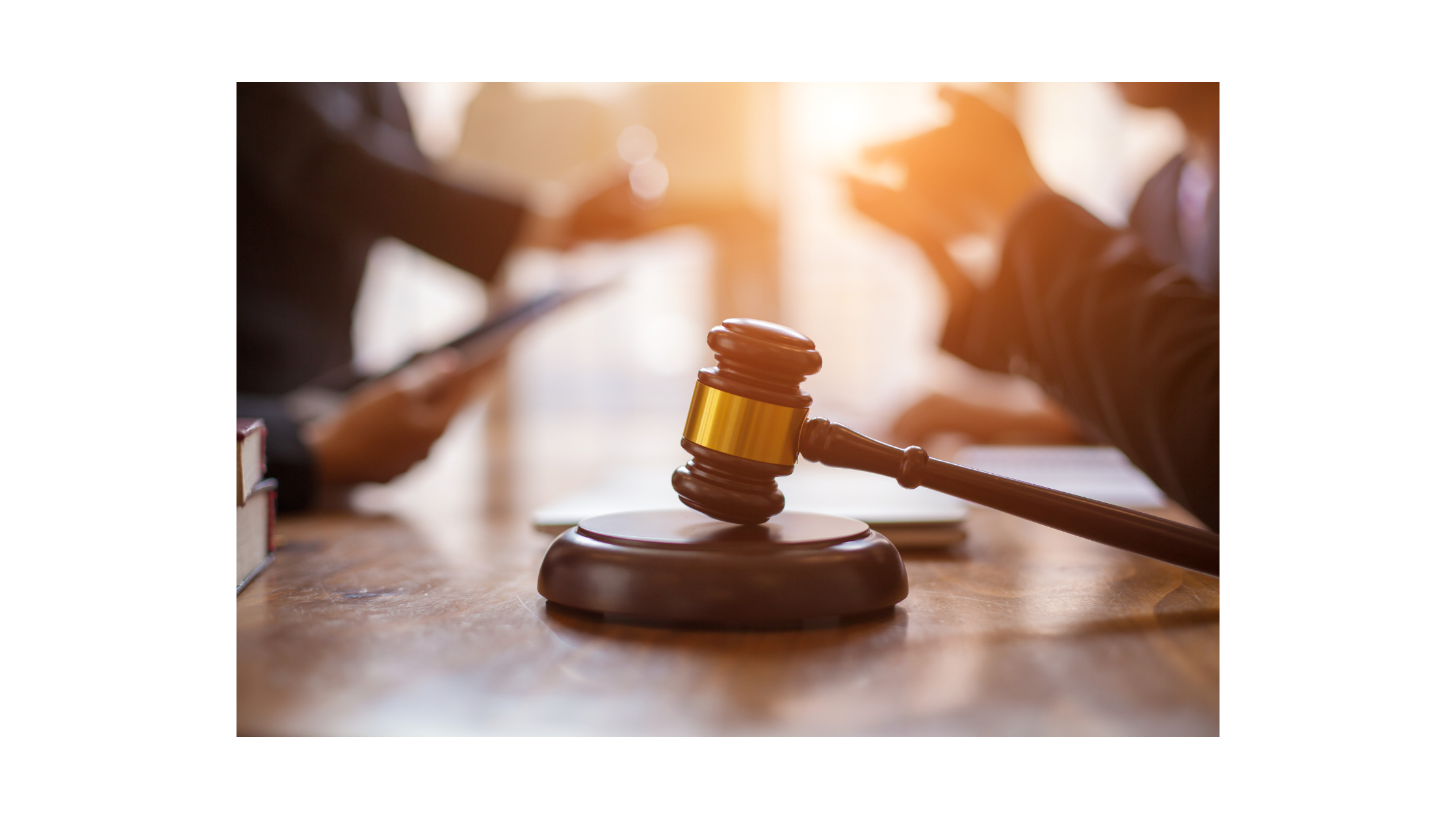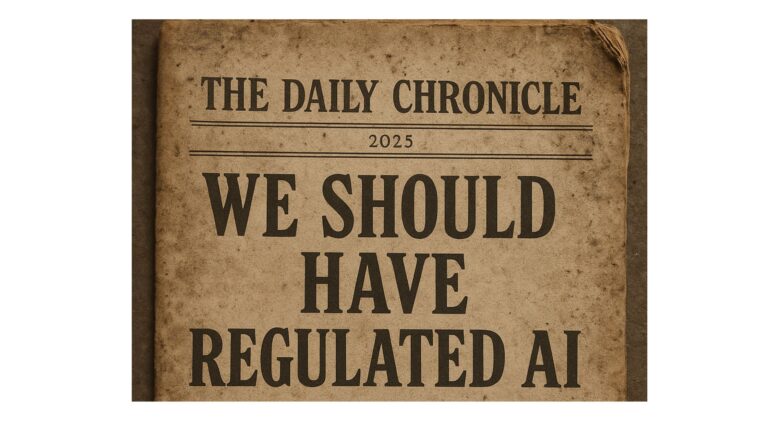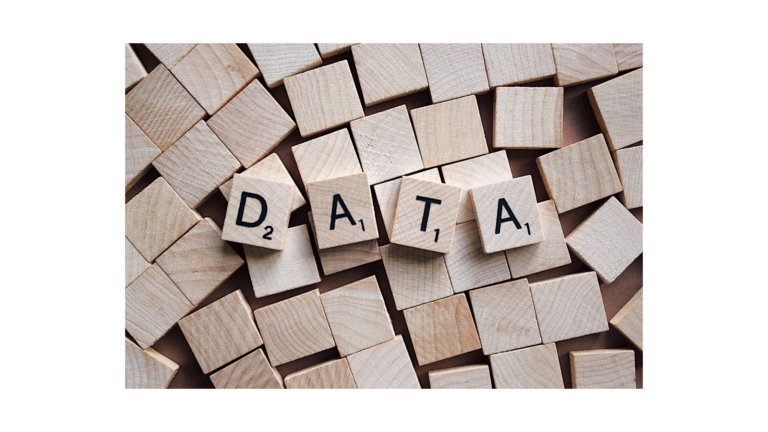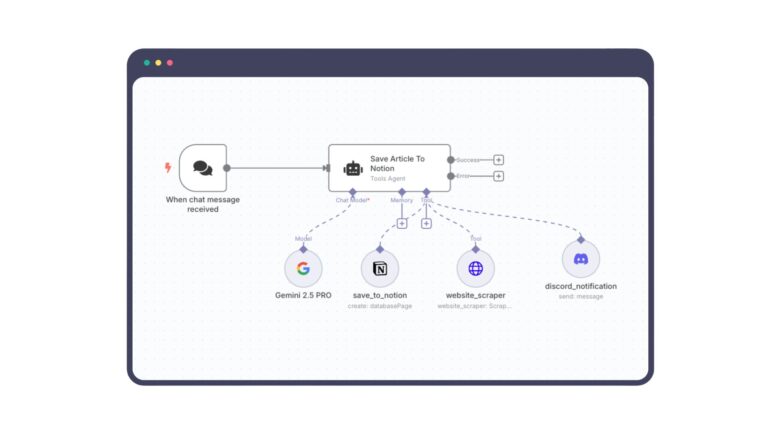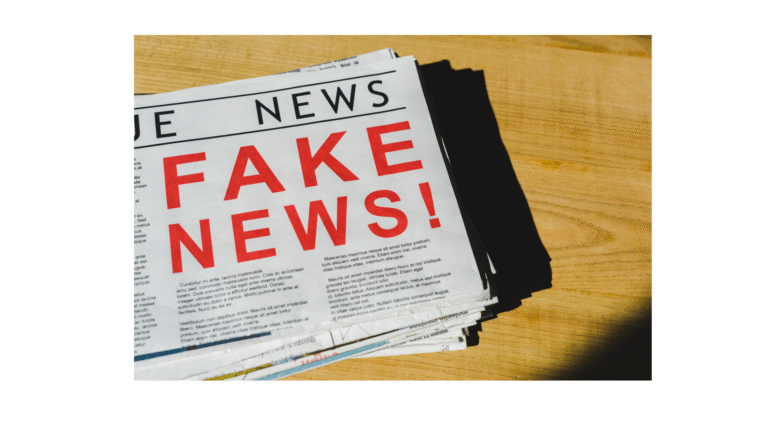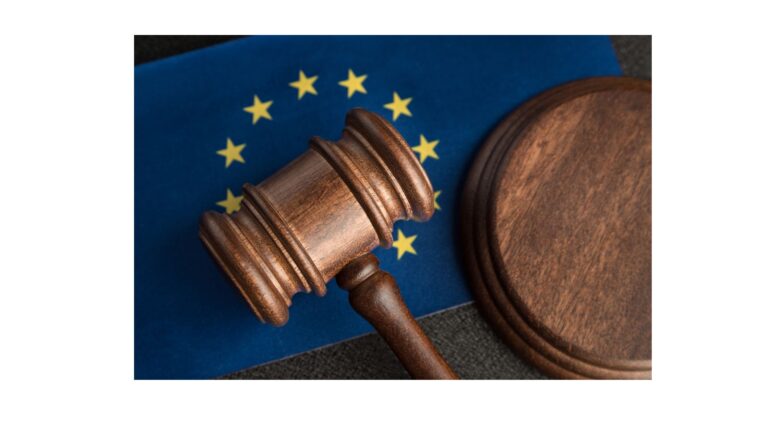Imagine you’re at home, discussing weekend plans with family, when suddenly your voice assistant chimes in, uninvited. This scenario became all too real for many Apple users, leading to a significant lawsuit against the tech giant. Let’s delve into the privacy laws and consumer rights that were at the heart of this legal battle
The Crux of the Matter
In 2019, reports emerged that Apple’s Siri was inadvertently recording users’ private conversations without their consent. Users reported instances where Siri seemed to activate without the familiar “Hey, Siri” prompt, capturing snippets of their private conversations. These recordings were allegedly shared with third-party contractors for analysis, raising alarms about potential privacy infringements. Picture discussing weekend plans with friends, only to later receive targeted ads about those very activities and users recounted instances where sensitive discussions were seemingly captured and led to targeted advertisements, suggesting unauthorized data usage. The story unfolds with a class-action lawsuit alleging that Siri, Apple’s voice-activated assistant, recorded users’ private conversations without consent.
Fast forward to January 2025, and Apple found itself agreeing to a $95 million settlement to address these concerns while denying any wrongdoing. While the tech giant denied any wrongdoing, they emphasised their commitment to user privacy. They highlighted that Siri’s data was never utilised for marketing purposes nor sold to external entities. Instead, any data collected aimed to enhance Siri’s performance, ensuring a more seamless user experience.
But how did this situation arise in the first place? Siri, designed to respond to specific voice cues, occasionally misinterpreted ambient sounds or phrases, leading to unintended activations. This meant that personal conversations, from medical discussions to intimate moments, were sometimes recorded without the user’s knowledge. The unsettling part? Some of these recordings were reviewed by human contractors as part of Apple’s quality assurance processes.
Privacy Laws and Consumer Rights at Play
At the heart of this lawsuit were several privacy laws designed to protect consumers from unauthorised data collection and usage:
- Federal Trade Commission Act (FTC Act): This act prohibits unfair or deceptive practices in commerce. Collecting and sharing personal data without explicit consent can be deemed deceptive, violating consumer trust.
- California Consumer Privacy Act (CCPA): Given that the lawsuit was filed in California, the CCPA was particularly relevant. It grants consumers rights over their personal data, including the right to know what is collected, the right to delete personal information, and the right to opt-out of the sale of their data. Unauthorized recording and sharing of conversations would infringe upon these rights.
- Electronic Communications Privacy Act (ECPA): This federal law protects wire, oral, and electronic communications from unauthorized interception. If Siri recorded conversations without consent, it could be seen as a violation of the ECPA.
Remedies Available to Consumers
When such privacy infringements occur, consumers have several avenues for recourse:
- Class-Action Lawsuits: As demonstrated, consumers can band together to file lawsuits against corporations for privacy violations. These suits can lead to settlements, compensating affected individuals and prompting companies to change their practices.
- Regulatory Complaints: Consumers can file complaints with bodies like the Federal Trade Commission (FTC), which can investigate and penalize companies for unfair practices.
- State Attorney General Actions: State attorneys general can sue companies on behalf of residents for violating state privacy laws, leading to injunctions and fines.
A Glimpse into the Settlement
Picture this: A bustling courtroom where Apple’s legal team sits on one side, and a group of determined consumers on the other. The air is thick with tension as arguments are exchanged. Suddenly, a resolution is proposed—a settlement. Rather than continuing the drawn-out legal battle, both sides agree to terms that will effectively end the lawsuit. But why does this happen, and what exactly does a settlement mean in the legal world? Under the terms of the $95 million settlement, eligible consumers—those who owned Siri-enabled devices between September 2014 and December 2024—could receive compensation. While individual payouts might seem modest, the settlement underscores the importance of corporate accountability in data privacy.
What Are Settlements?
A settlement is a legally binding agreement that resolves a dispute without the need for a full trial. It’s a way for parties involved in a lawsuit to come to an agreement on compensation or corrective actions without admitting fault or liability. In the context of consumer protection cases like the Siri lawsuit, a settlement usually means the company agrees to pay a specific amount to affected users or take steps to change its practices.
Settlements are governed by laws that allow both parties to voluntarily resolve their disputes. In the United States, this often falls under the Federal Rules of Civil Procedure (FRCP) Rule 41(a), which permits voluntary dismissal of the case when both parties agree. Additionally, consumer protection settlements often intersect with state laws such as the California Consumer Privacy Act (CCPA) or federal laws like the Federal Trade Commission Act (FTCA).
Why Do Companies or the FTC Agree to Settle?
Now, you might wonder why a powerhouse like Apple would choose to settle rather than fight the accusations in court. The answer lies in practicality and reputation management.
First and foremost, settlements save time and money. Legal battles can be painfully slow and outrageously expensive, often taking years to resolve. Even if a company believes it might ultimately win the case, the costs of prolonged litigation—both financial and reputational—can outweigh the benefits of fighting it out.
Secondly, settlements offer predictability. Instead of risking a massive court judgment that could impose harsher penalties or stricter requirements, companies can negotiate the terms and control the narrative. It also helps maintain brand image by avoiding the public spectacle of a trial, which can attract negative press and erode consumer trust.
The Federal Trade Commission (FTC), on the other hand, agrees to settlements because it allows for faster consumer restitution and quicker enforcement of corrective measures. Settling means that consumers affected by the violation can receive compensation sooner rather than waiting for the conclusion of a drawn-out trial.
Benefits of Settling a Lawsuit
Settling a lawsuit, especially in privacy violation cases, offers several advantages:
- Cost Efficiency: Companies save on hefty legal fees, while affected consumers receive compensation without the uncertainty of a prolonged court battle.
- Quicker Resolution: Instead of spending years in litigation, settlements wrap up much faster, allowing both parties to move forward.
- Reputation Management: By resolving issues behind closed doors, companies can mitigate negative publicity and preserve brand reputation.
- Avoidance of Admission of Guilt: Most settlements do not require the company to admit wrongdoing, which is crucial for maintaining public trust and minimizing further legal vulnerabilities.
The Bigger Picture: Why Apple Chose to Settle
Apple’s decision to settle the Siri lawsuit for $95 million likely stemmed from a desire to avoid further reputational damage while quickly resolving consumer grievances. Even though Apple denied any wrongdoing, agreeing to the settlement allowed them to put the controversy behind them and focus on improving data privacy measures without the distraction of a high-profile trial.
In essence, settlements serve as a pragmatic way to resolve complex legal battles without dragging both sides through the grueling ordeal of court proceedings. For companies, it’s a means to contain potential fallout; for consumers, it’s a way to receive compensation without years of uncertainty. While not without their drawbacks, settlements remain a cornerstone of modern legal practice, especially in cases where privacy and data protection are in the spotlight.
Ultimately, it’s a dance between risk and resolution—a balancing act that reflects the complexities of our tech-driven, data-centric world.
Looking Ahead
This case serves as a poignant reminder of the delicate balance between technological convenience and personal privacy. As voice assistants become more integrated into our daily lives, it’s imperative for companies to prioritize transparent data practices and for consumers to remain vigilant about their rights. After all, in the age of smart devices, safeguarding our conversations is not just a luxury—it’s a necessity.
